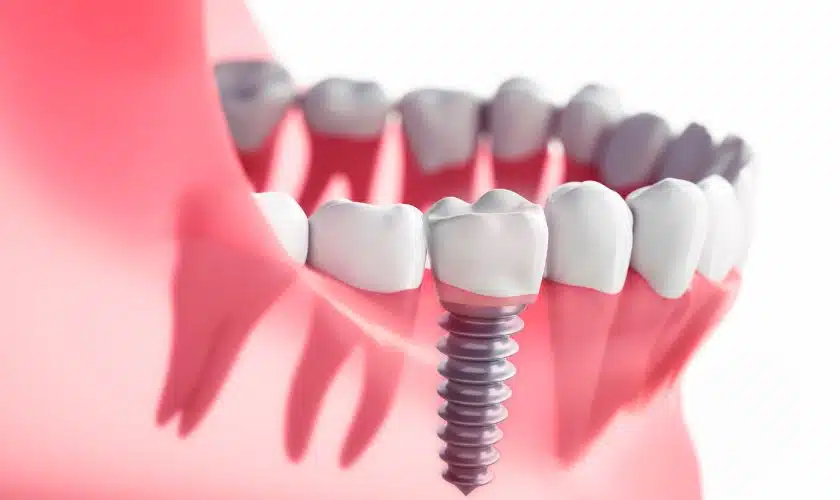Dental implants have long been regarded as the gold standard for replacing missing teeth, offering a permanent solution that mimics the look and function of natural teeth. However, not everyone is a suitable candidate for dental implants, and some individuals may prefer alternative treatment options. In this article, we’ll explore various alternatives to dental implants, considering factors such as cost, candidacy, and long-term outcomes.
Traditional Bridges: Bridging The Gap
One common alternative to dental implants is a traditional dental bridge. A bridge consists of one or more artificial teeth anchored in place by crowns attached to the adjacent natural teeth. While bridges offer a fixed and relatively affordable solution for replacing missing teeth, they require the alteration of healthy tooth structure. They may not provide the same level of stability and longevity as dental implants.
Removable Dentures: A Time-Tested Option
Removable dentures have been a staple in tooth replacement for decades, offering a non-invasive and cost-effective solution for edentulous patients. Dentures come in partial or complete forms, depending on the extent of tooth loss, and can be removed for cleaning and maintenance. While dentures provide an immediate solution for restoring aesthetics and function, they may be prone to slipping or discomfort and require regular adjustments over time.
Resin-Bonded Bridges: Minimal Intervention
Resin-bonded bridges, also known as Maryland bridges, offer a conservative alternative to traditional bridges, requiring minimal alteration of adjacent teeth. These bridges consist of a metal or porcelain framework bonded to the back of adjacent teeth with resin cement, supporting one or more artificial teeth in place.
While resin-bonded bridges are less invasive than traditional bridges, they may not be suitable for replacing molars or supporting heavy chewing forces.
Implant-Supported Dentures: Combining Stability and Affordability
For patients seeking a compromise between dental implants and traditional dentures, implant-supported dentures offer an attractive solution. These dentures are anchored in place by dental implants strategically placed in the jawbone, providing greater stability and preventing bone loss. While implant-supported dentures require a higher initial investment than traditional dentures, they offer superior retention and chewing efficiency, enhancing the overall quality of life for edentulous patients.
Mini Dental Implants: Small But Mighty
Mini dental implants are a smaller, less invasive alternative to traditional dental implants, often used to stabilize removable dentures or support single crowns in areas with limited bone volume. Mini implants require less bone density for successful placement and can be placed in a single visit with minimal discomfort. While mini implants may not offer the same level of long-term stability as standard implants, they provide a viable option for patients with compromised bone structure or financial constraints.
While dental implants remain the gold standard for replacing missing teeth, alternative treatment options offer viable solutions for patients with specific needs or limitations. Traditional bridges, removable dentures, resin-bonded bridges, implant-supported dentures, and mini dental implants each have their advantages and limitations, requiring careful consideration of factors such as cost, candidacy, and long-term outcomes. By consulting with a qualified dentist or prosthodontist, patients can explore their options and make informed decisions to restore their smiles and improve their quality of life. Whether opting for dental implants or alternative treatments, the key is to choose the solution that best meets the individual’s needs and preferences, ensuring optimal oral health and function for years to come.

